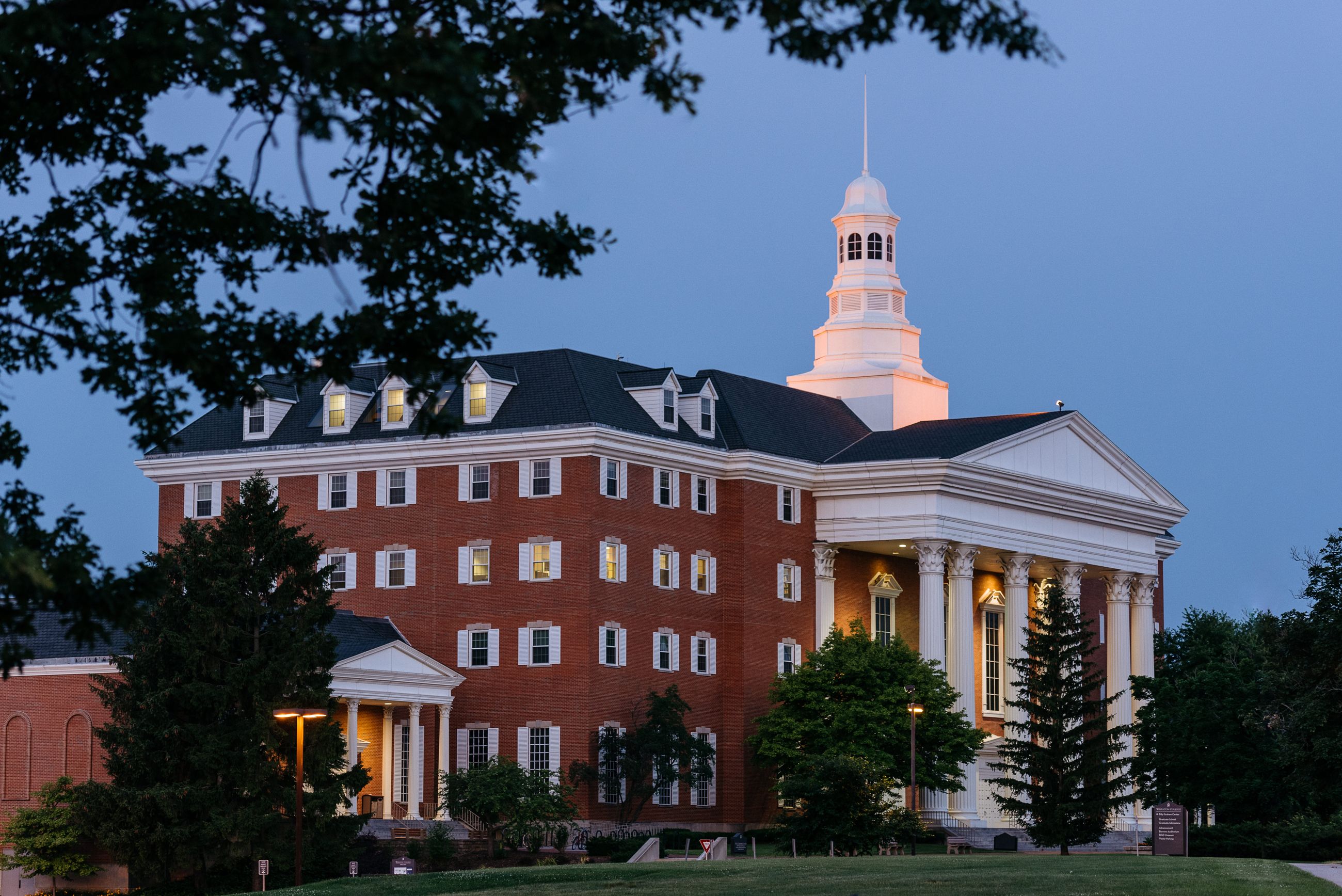M.A. in History of Christianity Curriculum
This is an example. Please note that the most current and official curriculum information is found in our Course Catalog. Explore the different areas of emphasis within the M.A. in History of Christianity program (below) to view the complete curriculum and list of courses.
Core Courses (20 Credits)—The core courses are all shared with the new M.A. in Theology curriculum.
- BITH 533 Exploring the Old Testament or BITH 638 Old Testament Theology (4 credits)
- BITH 555 Exploring the New Testament or BITH 648 New Testament Theology(4 credits)
- BITH 565 Christian Theology (4 credits)
- BITH 578 Global Church History (4 credits)
- BITH 627 World Religions (4 credits)
History of Christianity Courses (24)
- BITH 686 Historiography (4 credits)
- BITH 581 The Reformation (4 credits)
- BITH 677 Topics in the History of Christianity (4 credits)
- BITH 679 Seminar in Historical Theology (8 credits)
- or BITH 677 Topics in the History of Christianity
- Elective (restricted to BITH courses) (4 credits)
Total Credits - 44
